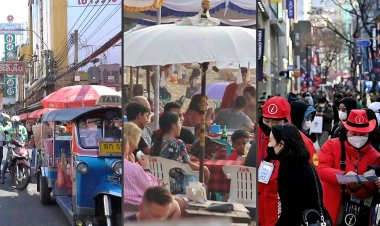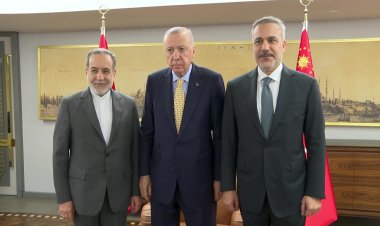Portuguese textiles become international player

Shaken in the last 20 years by competition from Asia, Portugal's textile industry has found its footing again and become a major player, supplying firms not just in Europe but also in the United States.
The industry has benefited from its flexibility and inexpensive labour along with a spirit of innovation focused on limiting damage to the environment.
Near Vila Nova de Famalicão, in the northern district of Porto, the Riopele factory hums with a deafening noise of nearly 200 state-of-the art weaving machines that run 24 hours a day six days a week.
One of the jewels in an industry anchored in the Ave valley, the company founded in 1927 and its thousand employees are struggling to meet orders after a respite during the Covid crisis.
Every day, the factory produces 40,000 metres of fabric, 98 percent of which is earmarked for export.
Among its growing customers are Spain's Inditex, which owns Zara, and France's SMCP (Sandro, Maje, Claudie Pierlot and Fursac), according to Portuguese industry figures.
There is also increased demand from firms in Germany and Italy as well as in the United States such as Tommy Hilfiger.
Shaken by competition from companies relocating to Asia for cheaper production costs, the sector lost between the years 2000 and 2015 nearly 100,000 jobs out of a total of 235,000 recorded at the start of the era, according to the Portuguese Textile Association (ATP).















